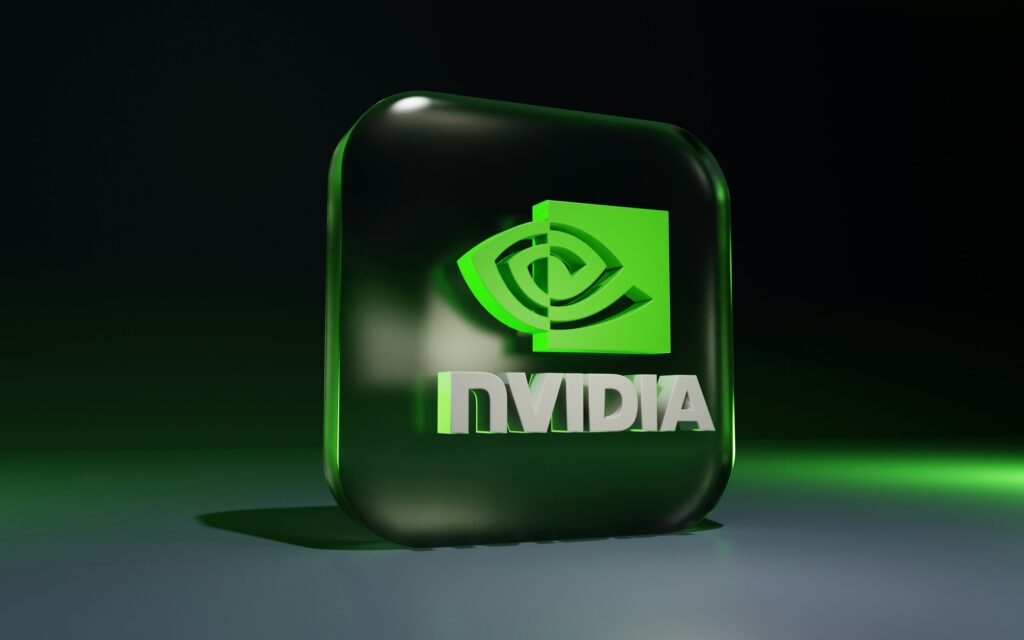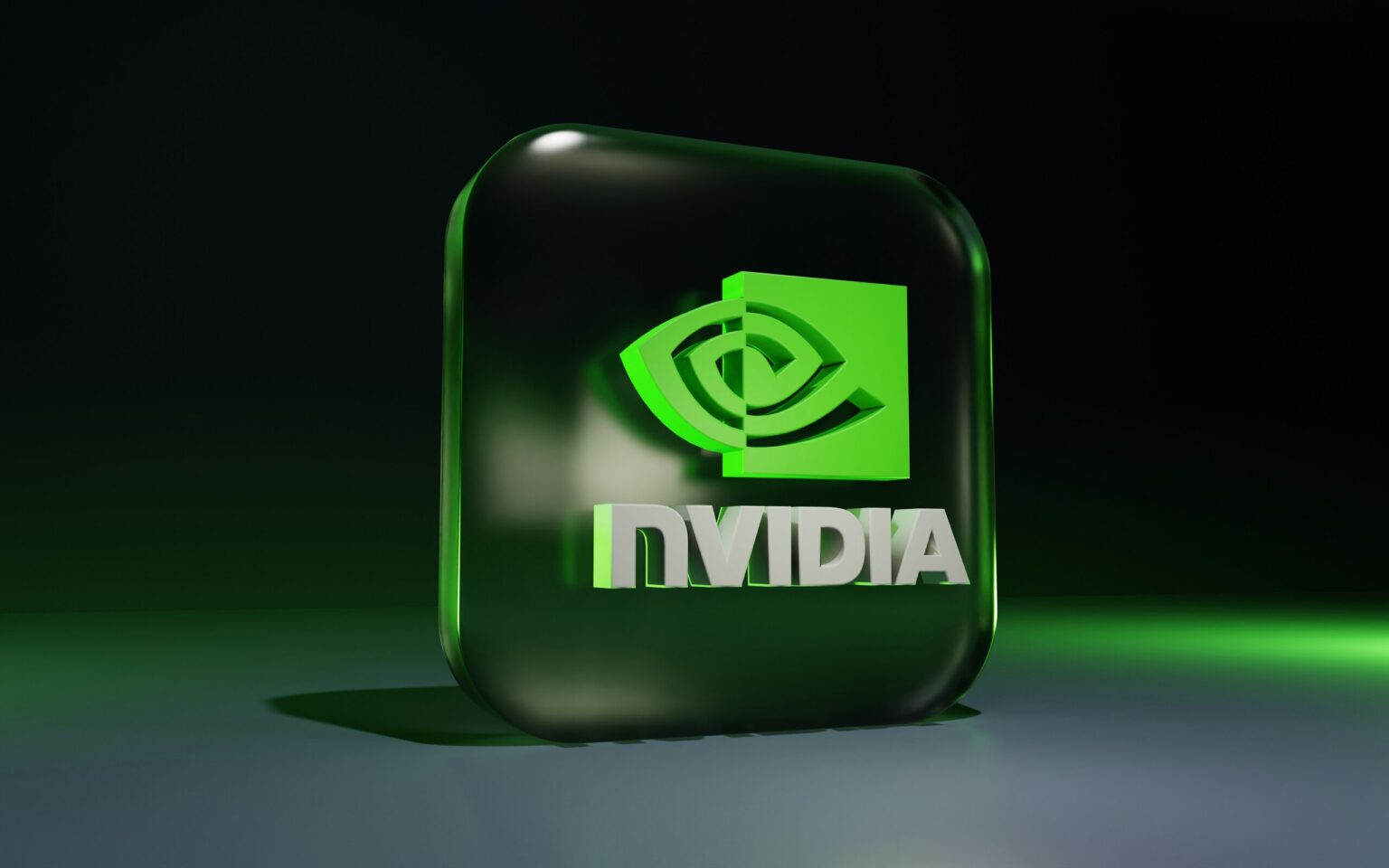Nvidia, the leading force in artificial intelligence (AI) hardware, witnessed an extraordinary decline in its market value, losing nearly $300 billion in a single day.

This marks the largest one-day drop in the company’s history, spurred by a broader sell-off in AI stocks and an escalating antitrust investigation by the U.S. Department of Justice (DOJ).
On Tuesday, Nvidia’s shares plummeted by over 9% during regular trading hours, followed by an additional 2% drop in after-hours trading. This significant decline, which wiped out $279 billion from the company’s market capitalization, reflects growing investor unease over the sustainability of the AI boom and increasing regulatory scrutiny.
Antitrust Concerns and DOJ Investigation
The DOJ has intensified its investigation into Nvidia, issuing subpoenas to the company and other tech giants as it probes potential antitrust violations. The investigation focuses on whether Nvidia’s dominance in the AI chip market restricts competition, effectively forcing customers into exclusive reliance on its products. This development follows initial inquiries in June that also involved Microsoft, another major player in the AI landscape.
Nvidia’s graphics processing units (GPUs) are crucial to training large language models (LLMs), making the company an essential supplier in the AI industry. However, the DOJ’s concern centers around Nvidia’s market power potentially limiting customer choices, raising questions about fair competition. The recent subpoenas suggest that the DOJ is gathering evidence that could lead to formal charges, heightening the risks for Nvidia.
Impact on Global Markets and Broader Economic Sentiment
The shockwaves from Nvidia’s market slump were felt across global financial markets, exacerbating existing concerns about the global economy. On the same day, disappointing U.S. economic data revealed a continued contraction in manufacturing activity, fueling fears of an impending recession. This data further dampened investor sentiment, leading to significant declines in major stock indices.
In the U.S., the S&P 500 fell by 2%, while the tech-heavy Nasdaq Composite dropped by 3.3%. European markets also suffered, with the Stoxx 600 index down by 1%, and semiconductor stocks, in particular, were hit hard. ASML, a European chip equipment manufacturer, saw its shares fall by over 4%, mirroring the declines experienced by Nvidia.
The negative sentiment extended to Asian markets, with Japan’s Nikkei 225 index plummeting by 4.2% and Australia’s S&P/ASX 200 index dropping by 1.9% on Wednesday. This global sell-off underscores the interconnectedness of financial markets and the widespread impact of economic data and regulatory developments.
Nvidia’s Future Amid Regulatory and Market Challenges
Despite the recent downturn, Nvidia’s stock remains up by 146% this year, highlighting its significant gains amid the AI surge. The company reported a 122% increase in second-quarter revenues, but investors have become wary of signs that Nvidia’s explosive growth may be tapering off. The reported delay in the release of its next-generation AI chips, codenamed Blackwell, has further fueled concerns.
Nvidia’s spokesperson defended the company’s practices, stating, “Nvidia wins on merit, as reflected in our benchmark results and value to customers, who can choose whatever solution is best for them.” However, the escalating DOJ investigation and broader market volatility suggest that Nvidia may face ongoing challenges in maintaining its market dominance.
As the AI industry continues to evolve, Nvidia’s ability to navigate regulatory scrutiny and economic headwinds will be critical to sustaining its leadership position. Investors and industry observers alike will be closely watching how the company responds to these pressures in the coming months.
